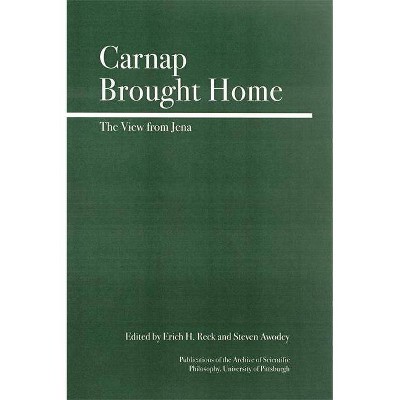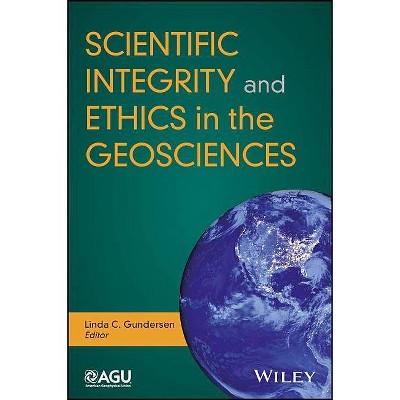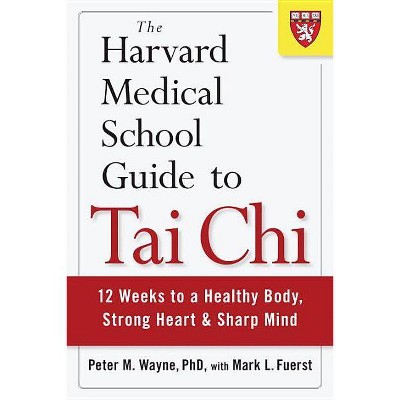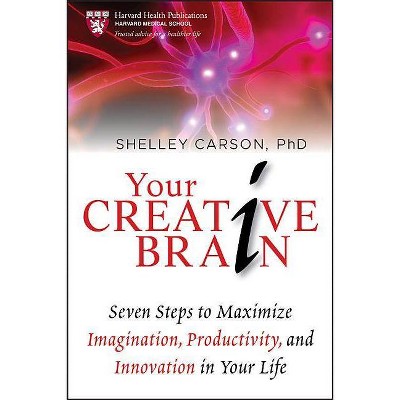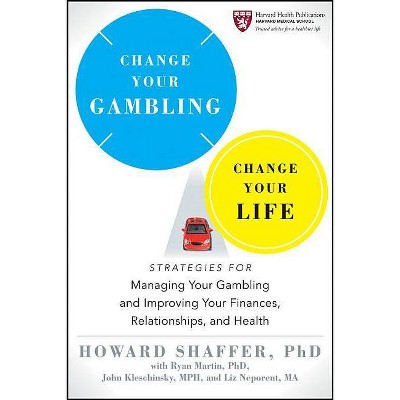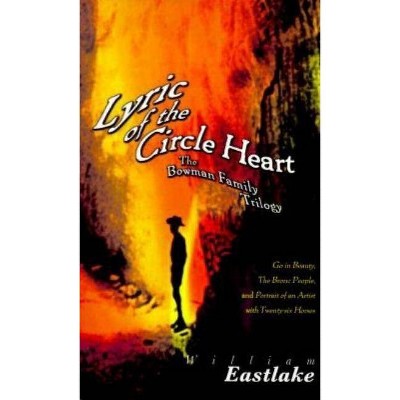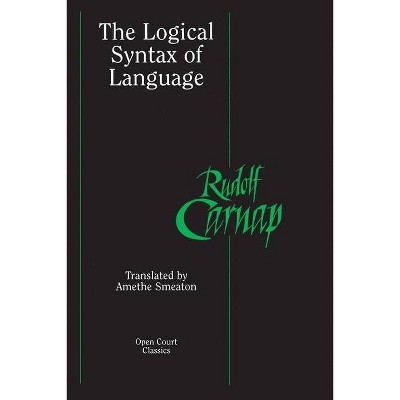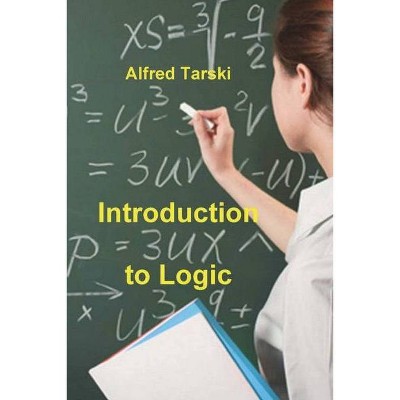Carnap, Tarski, and Quine at Harvard - (Full Circle: Publications of the Archive of Scientific Philo) by Greg Frost-Arnold (Paperback)
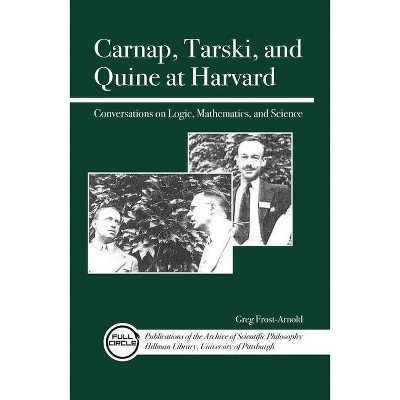
Similar Products
Products of same category from the store
AllProduct info
<p/><br></br><p><b> About the Book </b></p></br></br>During the academic year 1940-1941, several giants of analytic philosophy congregated at Harvard, holding regular private meetings, with Carnap, Tarski, and Quine. "Carnap, Tarski, and Quine at Harvard" allows the reader to act as a fly on the wall for their conversations. Carnap took detailed notes during his year at Harvard. This book includes both a German transcription of these shorthand notes and an English translation in the appendix section. Carnap's notes cover a wide range of topics, but surprisingly, the most prominent question is: If the number of physical items in the universe is finite, what form should scientific discourse take? This question is closely connected to an abiding philosophical problem: What is the relationship between the logico-mathematical realm and the material realm? Carnap, Tarski, and Quine's attempts to answer this question involve issues central to philosophy today.This book focuses on three such issues: nominalism, the unity of science, and analyticity. In short, the book reconstructs the lines of argument represented in these Harvard discussions, discusses their historical significance (especially Quine's break from Carnap), and relates them when possible to contemporary treatments of these issues.<BR><p/><br></br><p><b> Book Synopsis </b></p></br></br>During the academic year 1940-1941, several giants of analytic philosophy congregated at Harvard, holding regular private meetings, with Carnap, Tarski, and Quine. <i>Carnap, Tarski, and Quine at Harvard</i> allows the reader to act as a fly on the wall for their conversations. Carnap took detailed notes during his year at Harvard. This book includes both a German transcription of these shorthand notes and an English translation in the appendix section. Carnap's notes cover a wide range of topics, but surprisingly, the most prominent question is: If the number of physical items in the universe is finite, what form should scientific discourse take? This question is closely connected to an abiding philosophical problem: What is the relationship between the logico-mathematical realm and the material realm? Carnap, Tarski, and Quine's attempts to answer this question involve issues central to philosophy today.This book focuses on three such issues: nominalism, the unity of science, and analyticity. In short, the book reconstructs the lines of argument represented in these Harvard discussions, discusses their historical significance (especially Quine's break from Carnap), and relates them when possible to contemporary treatments of these issues.<br><p/><br></br><p><b> Review Quotes </b></p></br></br><br><br><i>This book presents the results of a genuine breakthrough in our understanding of the development of analytic philosophy in the twentieth century: the discovery by Greg Frost-Arnold of Carnap's notes recording extensive discussions with Tarski and Quine in 1940-41. Frost-Arnold's very careful and illuminating analysis of these discussions will be of great interest to all students of the analytic tradition.</i><br>-MICHAEL FRIEDMAN, Stanford university <p/><i>In 1940-41 Carnap, Tarski, and Quine met at Harvard to discuss fundamental issues. Thanks to this book we can now attend those discussions as well. Frost-Arnold goes beyond the recorded word to reconstruct in vivid terms the nuanced ideas of these three philosophic giants and, in addition, to tie those ideas to philosophic discussions that are still going on today. The book is a major achievement.</i><br>-RICHARD CREATH, Arizona State University <p/><i>In the 1980s a generation of eminent scholars pioneered the study of the history of analytic philosophy. In the last two decades, a younger generation of scholars has pushed the project forward by tapping the archives of the key thinkers in the analytic tradition. Of the many findings that have resulted from these efforts, the most exciting is arguably the discovery of the Carnap notes, amounting to more than eighty typescript pages, describing the conversations that took place at Harvard, in 1940-1941, between Carnap, Quine, and Tarski. During that year, these three giants of analytic philosophy had regular meetings discussing, among other things, the problem of the analytic/synthetic distinction and the prospects for a nominalist foundation of mathematics and science. In this superb book, Greg Frost-Arnold provides a rich and subtle discussion of these notes. In addition, he has put us in his debt by accurately editing and translating the notes. As in the case of the best people working in the history of analytic philosophy, the engagement with history is for Frost-Arnold, at the same time, an engagement with our own situation. And he is successful in bringing the material contained in the Carnap notes to life by showing their relevance to contemporary discussions in philosophy of mathematics and logic.</i><br>-PAOLO MANCOSU, UC Berkeley <p/><i>Carnap, Tarski and Quine met together in 1940-1941 at Harvard to discuss their views on the nature of language and the differences between logic, mathematics and science. In this remarkable book Greg Frost-Arnold presents Carnap's extensive notes on these meetings. Frost-Arnold also includes an elegant translation and a detailed commentary that sets the notes in their philosophical context and demonstrates their importance for many central debates about the history of analytic philosophy. This book marks a decisive advance in our understanding of the philosophical views of Carnap, Tarski and Quine, and is essential reading for all who work on these topics.</i><br>-CHRISTOPHER PINCOCK, The Ohio State University <p/><i>Some of the most influential positions in analytical philosophy resulted from debates that found only partial reflection in the publications of their protagonists. On the basis of archival sources Greg Frost-Arnold reconstructs and analyzes, in unprecedented detail and with good judgment, one of these seminal debates, providing many valuable insights into the development of ontology and philosophy of language at mid-century and into the long-lasting debate about analyticity.</i><br>-THOMAS UEBEL, University of Manchester<br><p/><br></br><p><b> About the Author </b></p></br></br><b>Greg Frost-Arnold</b> is assistant professor in the Philosophy Department at Hobart & William Smith Colleges. He is associate editor for the <i>Journal of the History of Analytical Philosophy</i>.<br>
Price History
Price Archive shows prices from various stores, lets you see history and find the cheapest. There is no actual sale on the website. For all support, inquiry and suggestion messages communication@pricearchive.us
